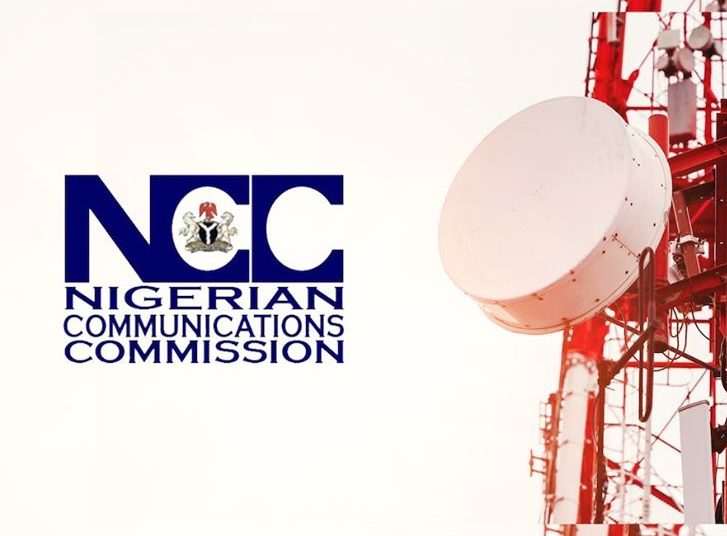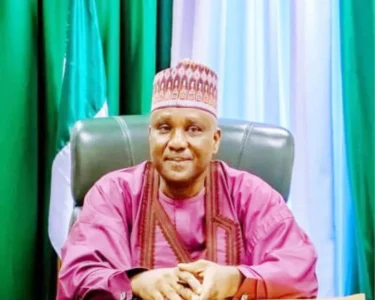The Nigerian Communications Commission (NCC) has issued a new directive mandating telecommunications service providers to inform consumers of major service outages on their networks. The directive is part of the Commission’s broader efforts to enhance service quality and ensure transparency in the telecom industry.
The new policy, titled “Directive on Reportage of Major Network Outages by Mobile Network Operators (MNOs),” requires all licensees, including Mobile Network Operators, Internet Service Providers, and other last-mile service providers, to provide timely updates to consumers on the cause of service disruptions, areas affected, and estimated restoration times. In cases of planned service interruptions, consumers must be notified at least one week in advance.
According to the NCC, operators must also provide proportional compensation to consumers if an outage lasts beyond 24 hours. This may include extensions in service validity, in line with the provisions of the Consumer Code of Practice Regulations.
The directive defines major network outages to include disruptions such as fibre cuts from construction, theft, vandalism, or force majeure events that affect at least five percent of the operator’s subscriber base or five or more Local Government Areas. It also includes unplanned outages affecting 100 or more sites, or five percent of an operator’s total sites, and service degradation in Nigeria’s top 10 states by traffic volume as determined by the Commission.
To support this policy, the Commission has launched a Major Outage Reporting Portal accessible to the public via its official website, [www.ncc.gov.ng](http://www.ncc.gov.ng). The portal will display reported outages and identify entities responsible for the disruptions.
Speaking on the development, the Director of Technical Standards and Network Integrity at NCC, Engr. Edoyemi Ogor, stated that the Commission had piloted the reporting process with operators before the official launch. He said the initiative is aimed at promoting transparency, accountability, and better consumer protection.
He added that the policy aligns with the Executive Order signed by President Bola Ahmed Tinubu, which recognizes telecommunications infrastructure as Critical National Information Infrastructure. The directive, he said, underscores the importance of safeguarding telecom infrastructure essential to national security and economic stability.




